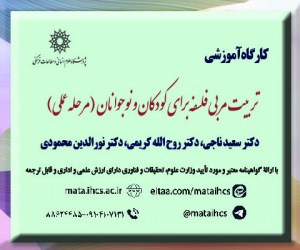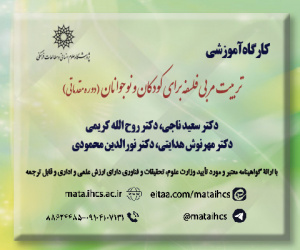مستند سازی دانش تجربی مدیران ورزشی: رویکرد کلان به توسعه اقتصادی در ورزش کشور ایران (مقاله علمی وزارت علوم)
درجه علمی: نشریه علمی (وزارت علوم)
آرشیو
چکیده
هدف این پژوهش، مستند سازی دانش تجربی مدیران ورزشی با رویکرد کلان به توسعه اقتصادی در ورزش کشور ایران بود. روش پژوهش، مطالعه موردی کیفی است و مشارکت کنندگان، مدیران ورزشی کشور هستند. با بهره گیری از روش نمونه گیری هدفمند و تکنیک اشباع نظری، آگاهی دهندگان کلیدی (شامل13نفر) برای شناسایی چارچوب مدل توسعه اقتصادی انتخاب شدند و با آنها مصاحبه به عمل آمد. ابزار مورد استفاده برای شناسایی عوامل مدل توسعه اقتصادی، مصاحبه نیمه ساخت مند (با گروه های کانونی) و مطالعه اسناد بوده است. برای تامین روایی و پایایی مطالعه از روش ارزیابی لینوکلن و گوبا استفاده شد. مدل پارادایمی این پژوهش بر اساس الگوی پارادایمی استراوس و کوربین طراحی گردید. در این پژوهش چهار مقوله ایجاد اسپین اف های ورزشی، برون سپاری در نهاد های ورزشی، جمع سپاری در نهاد های ورزشی و توسعه بلاک چین های ورزشی که می تواند بر توسعه اقتصادی تأثیر بگذارد به عنوان مقوله های مربوط به شرایط علّی شناسایی شدند. توسعه زیر ساخت های ورزشی، توسعه گردشگر ورزشی، ترانفسر بازیکنان و مربیان، میزبانی رویداد های ورزشی، کمک های بین المللی، حقوق بین المللی و محبوبیت ورزش به عنوان عوامل اصلی زمینه ای هستند و دو مقوله عوامل تحریم ها و عوامل عدم فضای باز اقتصادی به عنوان مقوله های مداخله گر در نظر گرفته شدند. بنابراین توجه به بستری جهت پیاده سازی زیر ساخت های ورزشی، توسعه گردشگر ورزشی، ترانفسر بازیکنان و مربیان، میزبانی رویداد های ورزشی، کمک های بین المللی، حقوق بین المللی و محبوبیت ورزش می توانند شرایطی جهت توسعه اقتصادی در ورزش را فراهم نماید.Documenting the empirical knowledge of sports managers: Macro approach to economic development in sports in Iran
The study is to document the empirical knowledge of sports managers: a macro approach to economic development in sports in Iran. The research method was a qualitative case study and the participants were sports directors of the country. Using purposive sampling method and theoretical saturation technique, key informants (including 13 people) were selected to identify the framework of the economic development model and interviewed. The tool used to identify the factors of the economic development model, interview It was semi-structured (with focus groups) and studied documents. To ensure the validity and reliability of the study, the Lincoln and Guba evaluation methods were used. The paradigm model of this research was designed based on the paradigm model of Strauss and Corbin. Sports facilities, outsourcing to sports institutions, outsourcing to sports institutions and the development of sports block chains that can affect economic development were identified as causal categories: development of sports infrastructure, development of tourism Sports, transmitting players and coaches to host sporting events, international aid, international law and the popularity of sport are the main underlying factors, and two categories of sanctions factors and factors of lack of economic open space are considered as intervening categories. Taken so pay attention to hospitalization In order to implement sports infrastructure, sports tourism development, transfer of players and coaches to host sports events, international aid, international law and the popularity of sports can provide conditions for economic development in sports.



